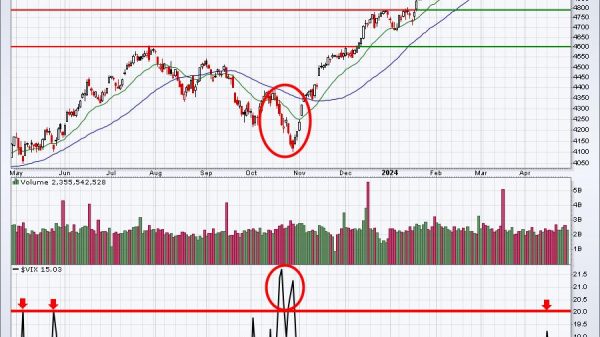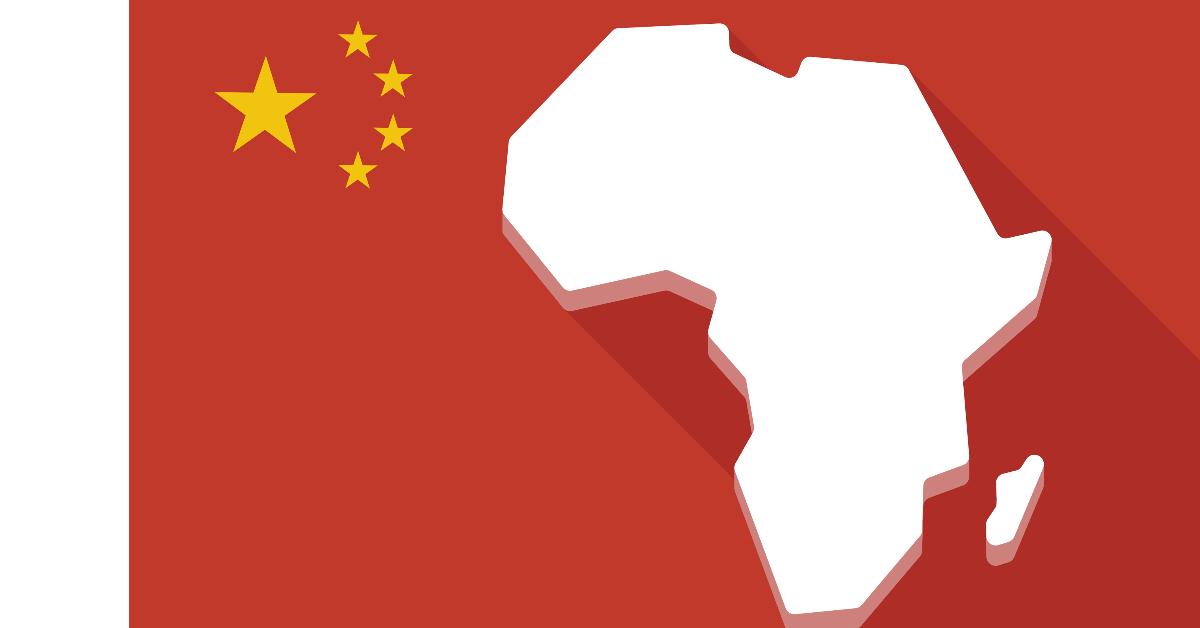It’s been more than three decades since the Berlin Wall fell and the disintegration of the Soviet Union. At the time, when everyone knew that the time for the “mothership” of socialism had come, China didn’t want to take the Soviet Union’s position but opted for an ambiguous role. In the three decades after the downfall of the Soviet Union, it was clear which country was at the top of the world.
Those were the times to which the Beltway wanted to return. Having never learned a lesson about their failures in thinking that if America doesn’t assume the role of policeman of the world, D.C.’s reputation in hotly contested regions only deteriorated. After Saddam Hussein and ISIS, once the news of the US openly backing Israel after the Hamas attack hit the pages of Arabic outlets, the Iraqi public descended onto the streets chanting “America is the devil.”
Such is the sorry state of D.C.’s reputation across the globe. While aid programs have been another staple of D.C.’s foreign policy towards the Third World, years of military adventurism and political interference have soured the perception of the US and the broader West. During the litany of coups in Francophone Africa, the presence of Russian and Chinese flags is a reminder that the influence of the West is crumbling. As pointed out by Mises Institute fellow Peter St. Onge, the recent 10th-anniversary ceremony of the Belt and Road Initiative with over 130 countries in attendance was nothing short of a “middle finger” to the Beltway and Brussels.
Africa’s welfare-ing dictators with American and Chinese money
While the Beltway is aware of the lack of influence it has on Africa, it never questioned why Africa behaves as it is or how taxpayer money is spent, as referenced by the fact that Western loans have to increasingly accommodate African dictators’ corrupt habits to compete with Chinese loans. Accounting for aid alone, Africa has received $1.2 trillion over three decades, much of that money coming from the West.
But did $1.2 trillion turn Africa into an economic powerhouse? It certainly did not. Despite all talks about how Beijing isn’t just letting Africa on more welfare but getting them to work, the results indicate a different story. If the definition of the welfare state left-wing critics utilize is consistent with the Merriam-Webster dictionary, then Africa truly is a bastion of welfare states. Despite being loaned at a preferential rate by Beijing, African dictators treat them as grants to the extent that Beijing’s lending to Africa was overtaken by the West in 2016. In total, China gave Africa about $170 billion while having to either extend loan maturities or forgive the debt. Then came the pandemic, and the economic situation in Africa only got from bad to worse. After all, African dictators learn from China how to (unintentionally) fail at propping up the economy by betting on the idea of “build it and they’ll come.” Investors didn’t come but stayed in the US and Asia.
But it didn’t deter Africa from shamelessly going to the Western-led International Monetary Fund to demand a whopping $650 billion for debt relief and “sustainable development,” to which “we can afford two wars” Janet Yellen has no problem with negotiating despite over a trillion accumulated to the debt from interests alone in a matter of months. If it’s true, as Rand Paul suggested that we’re borrowing from the Chinese to fund wars in Ukraine and now potentially the Middle East, then we might as well be doing the same for China-loving Africa.
Manipulative neutrality: How the Third World extracts taxpayer money from the US and China
Nevertheless, relations between Africa and China remain warm regardless of intensive Democrat-initiated funding for the region. Why would the majority of African nations attend the recent BRI anniversary in Beijing while demanding the West to throw more taxpayer money at them, even though they don’t even bother to repay debts they have to China? While African dictators are even more economically illiterate than the US and China, they’re more than capable of managing foreign policy.
The point is simple: while the US and China are in a Cold War trying to entice more countries to join their respective camps, it presents an opportunity for extracting more money from both sides. Whether between Russia, the US, or China, Third World countries will play nicely with them, even how much the great powers may hate one another. Whether for Ponzi schemes, economic growth, extracting more money from tariffs and taxes, you name it. It could also be for political capital to provide a sense of legitimacy among the public.
And it isn’t merely Africa playing this particular strategy. As part of a approach to contain China, the Beltway is willing to partner up with communist Vietnam militarily and economically. But the regime there doesn’t share the same ambitions as the USA for both economic and political reasons. Moreover, Hanoi agreed with Beijing’s claim on the South China Sea for a security guarantee back in 1958. I’ve written elsewhere about the issue and how security guarantees mean nothing more than recipient countries taking advantage of the US. The problem also persists beyond the First Island Chain, where Fiji pits the US and China in a competition to extract financial and political capital. These two countries are among the many who conduct a similar foreign policy strategy.
Moreover, flooding these countries with taxpayer money, keeping them from going bankrupt, or maintaining the status quo there can be detrimental to US foreign policy goals. The key objective of the BRI is to secure access to exploiting critical minerals for China. By providing a lifeline for Africa and some Asian nations in resolving debt issues, the US is ironically helping China by maintaining corrupt China-friendly regimes while further indebting American taxpayers.
Of course, engagement with the Third World is welcome as long as it involves neither regime change nor giving them more welfare. Ultimately, only they can learn from their mistakes and provide legitimacy whenever there’s a change of guard in their country. After all, if you can’t reason with them, enticing or bombing them won’t do anything more.





















